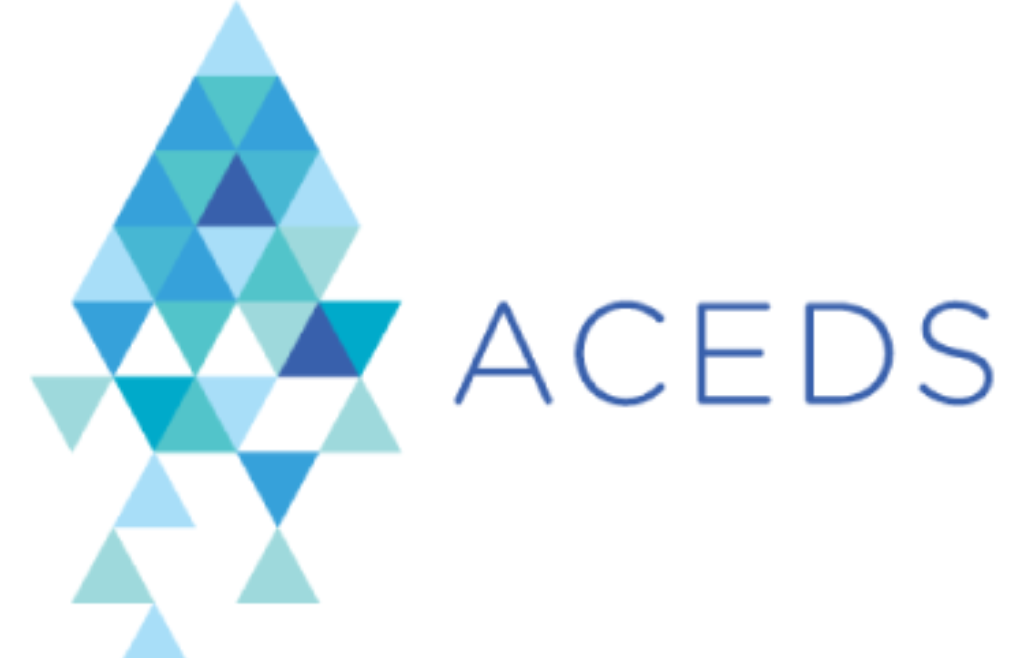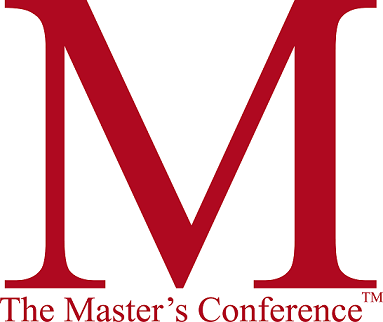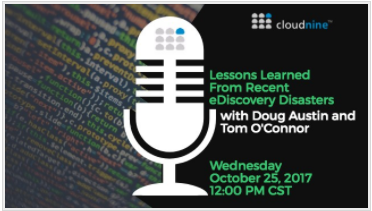Avoiding Glittering Generalities in Selecting eDiscovery Software – Considering Cost: eDiscovery Best Practices
Editor’s Note: If you read our blog regularly, you know that we frequently reference my friend and CloudNine colleague Rob Robinson’s excellent blog, Complex Discovery for various industry information, including quarterly business confidence surveys, eDiscovery software and service market “mashups” and information about industry mergers and acquisitions (among other things). We’ve been discussing aspects of on-premise and off-premise eDiscovery offerings quite a bit lately (including this recent webcast conducted by Tom O’Connor and me a few weeks ago) and Rob has written a terrific article on the subject which he has graciously allowed me to publish here. This is the fifth part of his multi-part article (parts 1, 2, 3 and 4 here, here, here and here) – we have published it in a series over the past couple of weeks. Enjoy! – Doug
Considering Cost
“In economics, one of the most important concepts is ‘opportunity cost’ – the idea that once you spend your money on something, you can’t spend it again on something else.” Malcom Turnbull
Budgetary constraints are a common hurdle for law firms and legal departments seeking to address the legal, technological, and business elements of eDiscovery. This economic constraint is compounded by the lack of consistency, predictability, and transparency in the pricing of many software offerings, regardless of whether they are on-premise or off-premise, or based on emerging or mature technologies.
As law firms and legal departments strive to select the best solutions for their particular eDiscovery challenges, it is important for them to be able to compare and contrast the pros and cons of different offerings. While many vendors publicly present detailed offering attributes regarding security, capability, and complexity, many do not share public information on pricing and pricing models. Given the fact that budgetary constraints continue to be one of the leading elements impacting the conduct of discovery, by publicly publishing pricing, vendors can help simplify the eDiscovery decision-making process by removing one of the most common concerns early in the evaluation process. That concern being “how much is this going to cost.”
Additionally, just as many software providers seek to integrate the technology in their offerings to simplify discovery, prudent providers are now combining on-premise and off-premise pricing elements within their overall offering to simplify the software procurement process. An example of this pricing integration is the packaging of an overall solution that contains elements of both on-premise and off-premise offerings available for a prescribed timeframe at a single, understandable, and predictable cost.
Quick Takeaway: Given the fact that most eDiscovery software providers understand the cost of delivering their solutions to the market, it seems reasonable for those in the eDiscovery ecosystem to be able to request and expect to receive simplified pricing from providers. This simplified pricing should account for all elements of a software offering, regardless of whether it is on-premise, off-premise, or a combination of the two. Pricing should also be able to be provided for individual projects or time and volume defined subscriptions, trading length of user commitment for user cost benefits.
So, what do you think? What factors do you consider when evaluating and selecting eDiscovery software? Please share any comments you might have or if you’d like to know more about a particular topic.
Also, I’m excited to report that eDiscovery Daily has been nominated to participate in The Expert Institute’s Best Legal Blog Contest in the Legal Tech category! Thanks to whoever nominated us! If you enjoy our blog, you can vote for it and help it win a spot in their Best Legal Blogs Hall of Fame. You can cast a vote for the blog here. Thanks!

Disclaimer: The views represented herein are exclusively the views of the author, and do not necessarily represent the views held by CloudNine. eDiscovery Daily is made available by CloudNine solely for educational purposes to provide general information about general eDiscovery principles and not to provide specific legal advice applicable to any particular circumstance. eDiscovery Daily should not be used as a substitute for competent legal advice from a lawyer you have retained and who has agreed to represent you.






